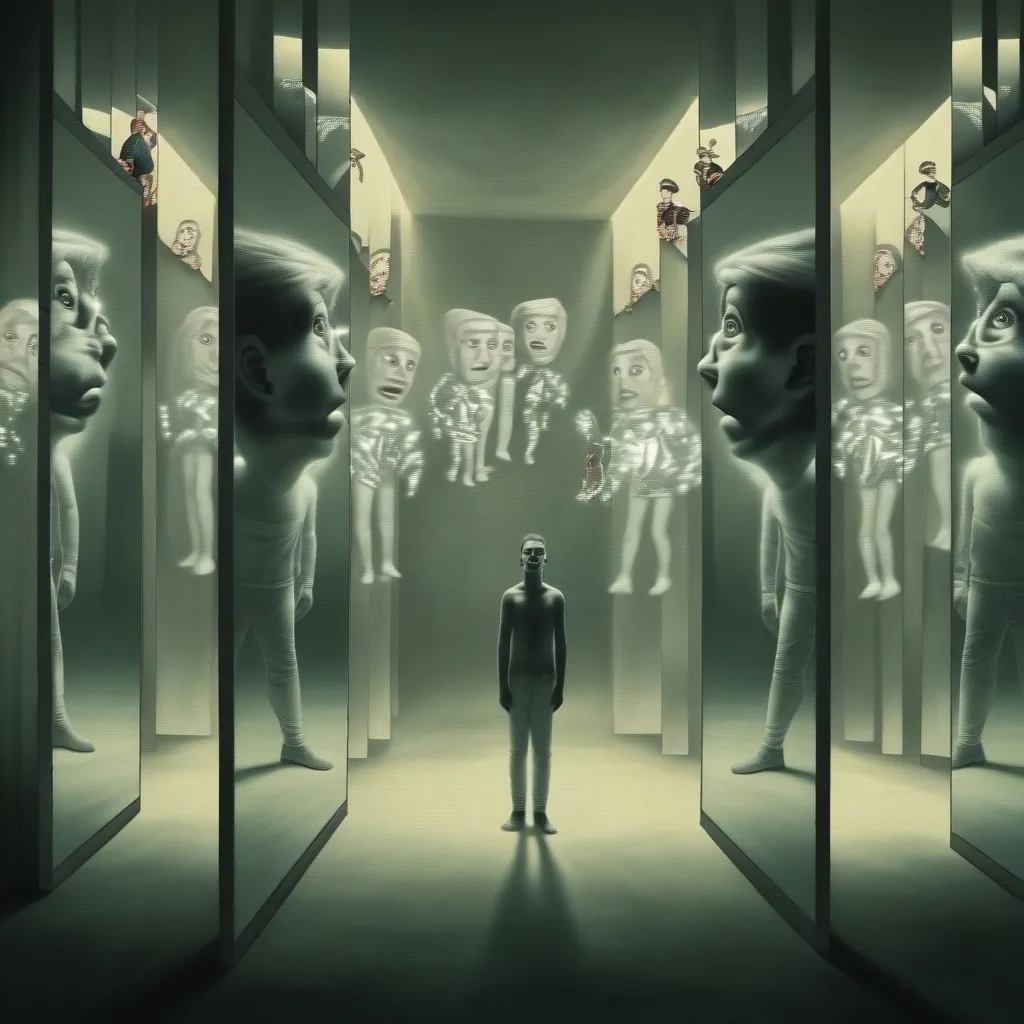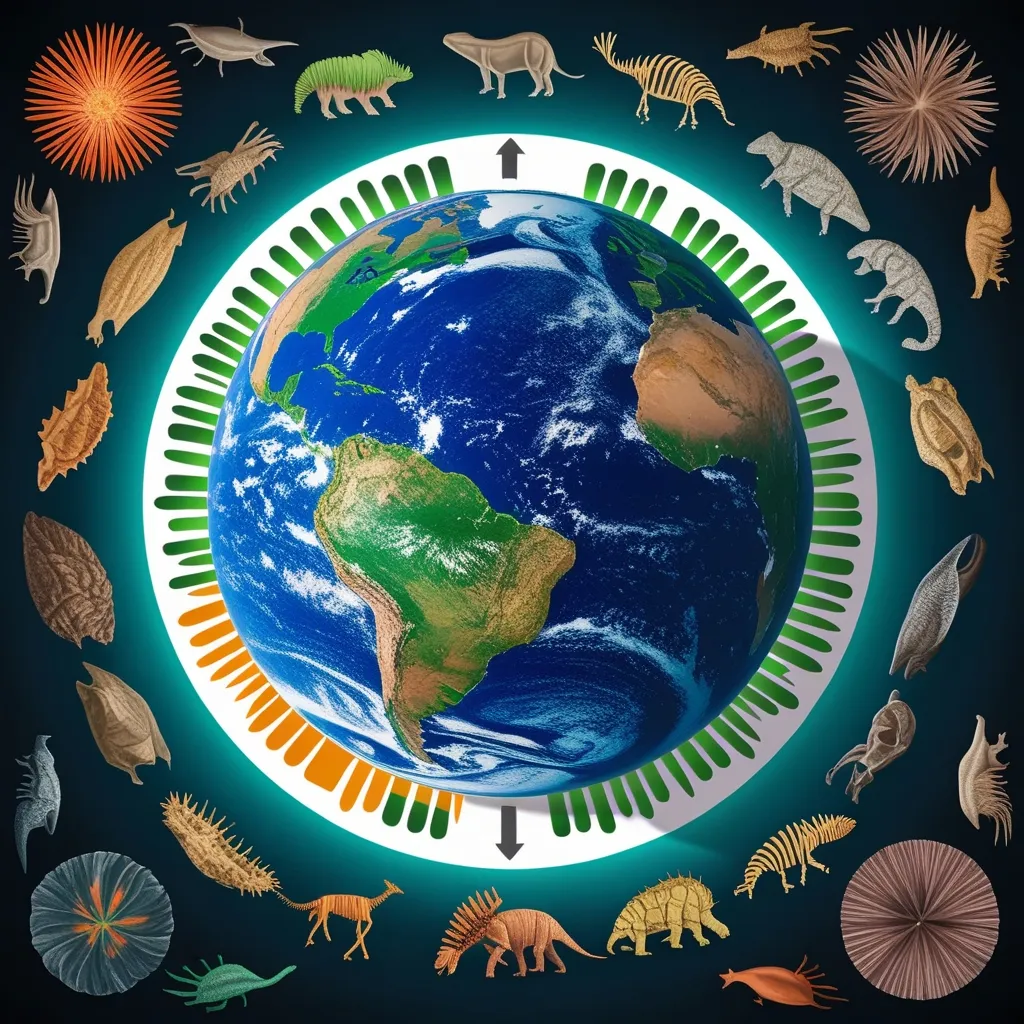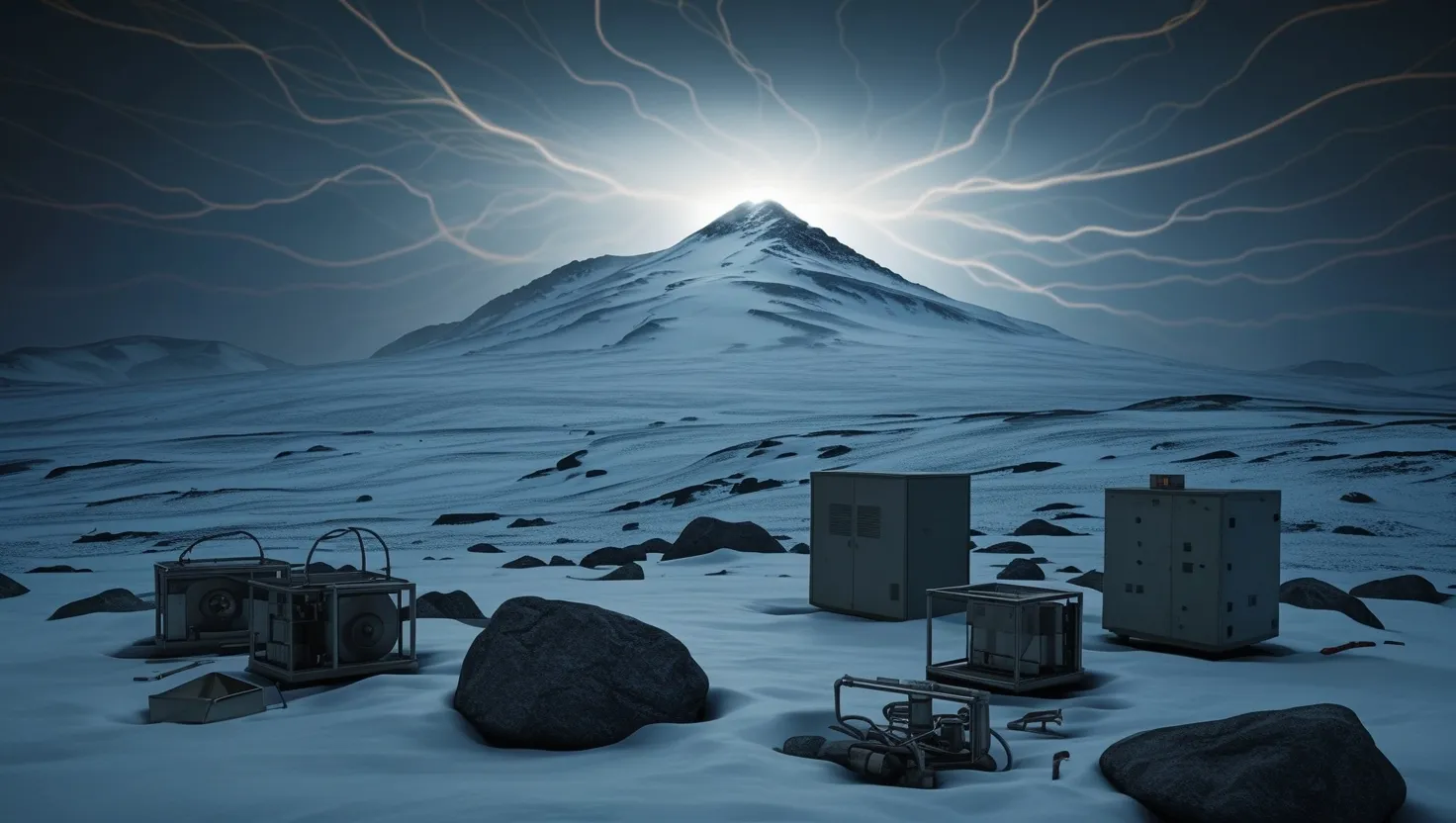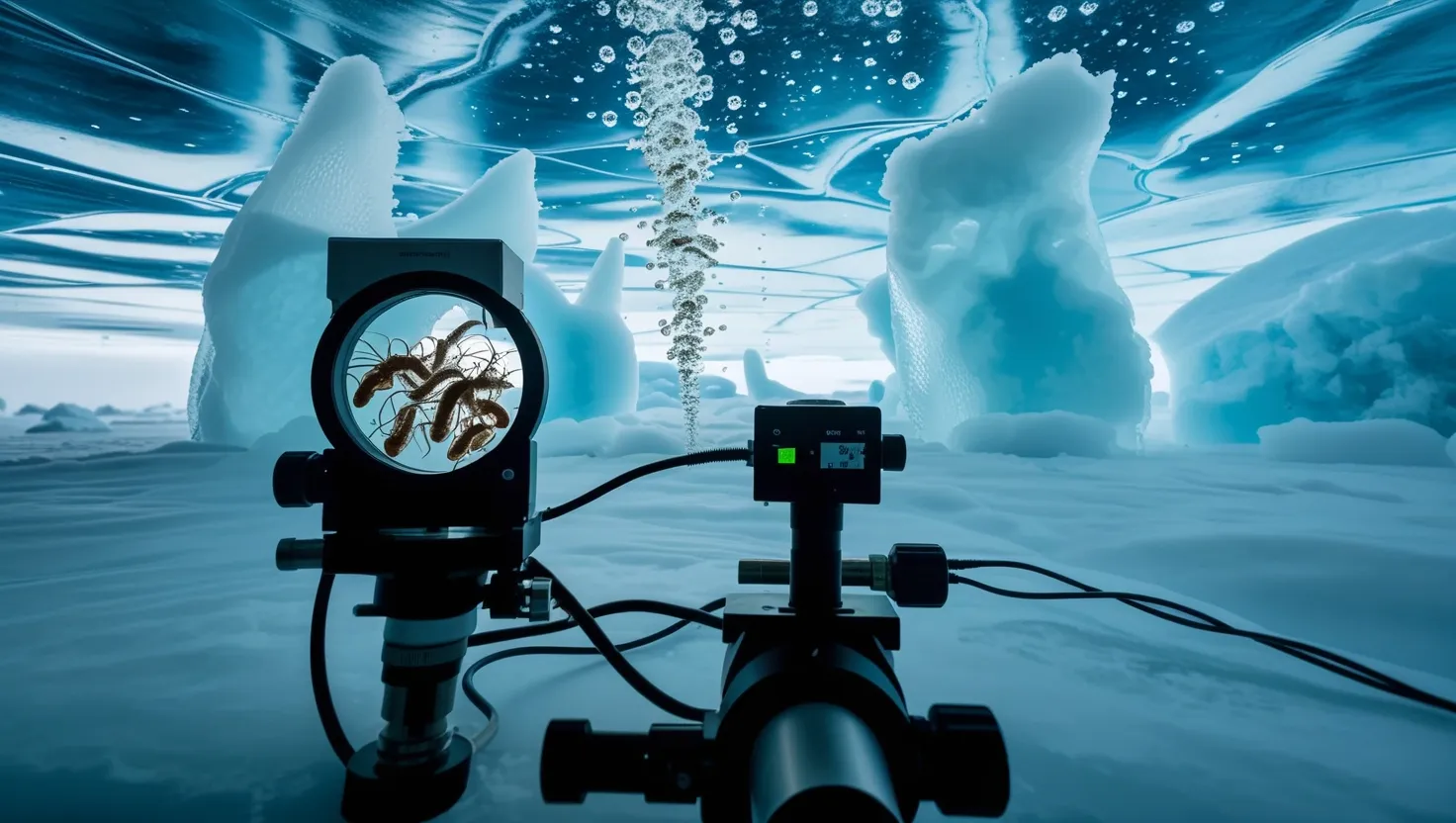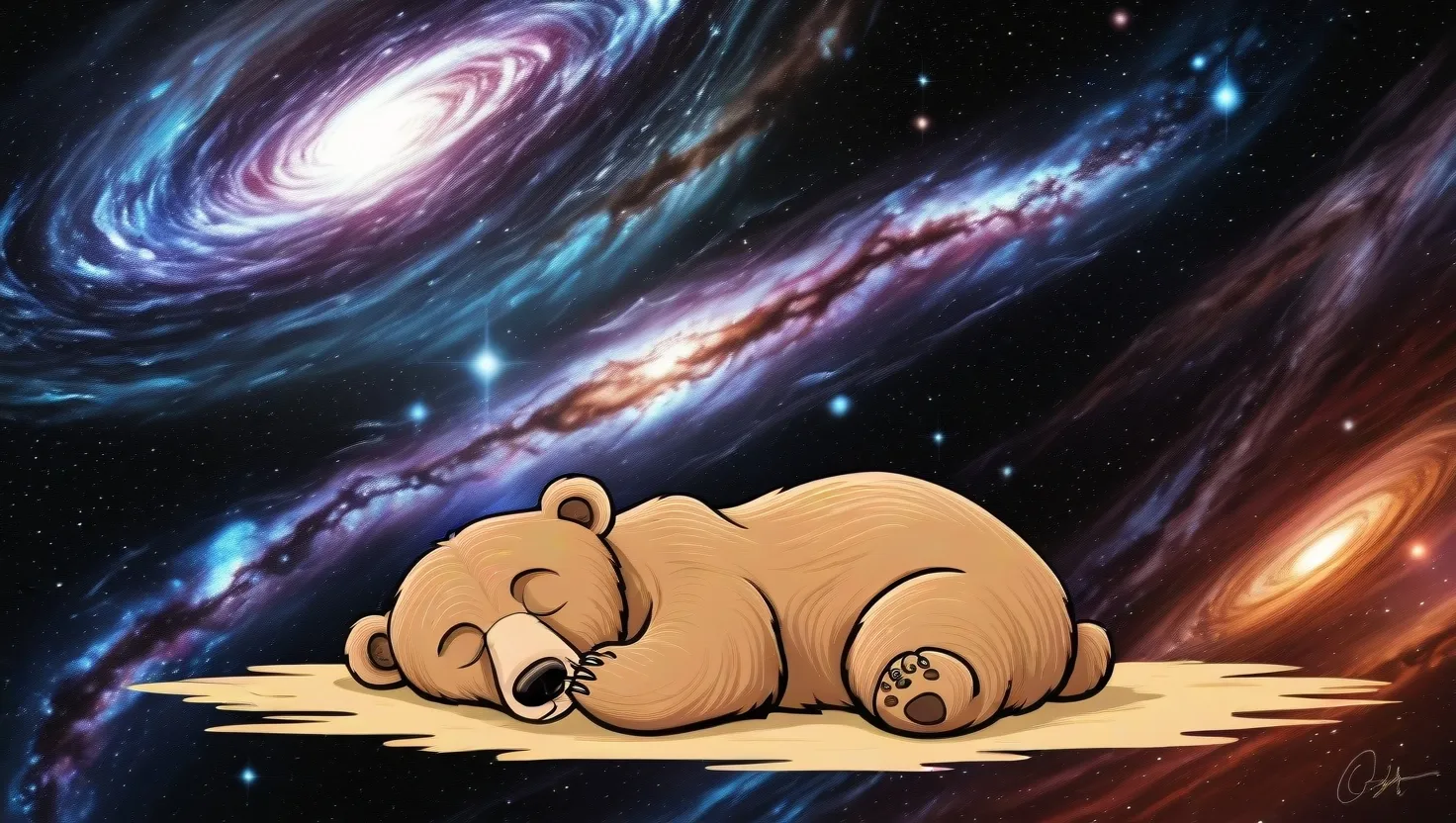The Mandela Effect: When Reality Bends and Memories Collide
Have you ever been absolutely certain about a fact, only to discover that your memory doesn’t match reality? You’re not alone. Welcome to the fascinating world of the Mandela Effect, a mind-bending phenomenon that’s got people scratching their heads and questioning the very fabric of our existence.
So, what’s the deal with the Mandela Effect? It’s named after Nelson Mandela, the iconic South African leader. Here’s the kicker: tons of people vividly remember him dying in prison in the 1980s. But guess what? He actually passed away in 2013, years after being released and even serving as president. Wild, right?
This isn’t just about one historical figure, though. The Mandela Effect pops up all over the place. Remember the beloved children’s books about those adorable bears? You might swear they were called “The Berenstein Bears,” but nope – it’s actually “The Berenstain Bears.” And how about that famous line from Star Wars? “Luke, I am your father,” right? Wrong again. Darth Vader actually says, “No, I am your father.” Mind. Blown.
These shared false memories have sparked some pretty out-there theories. Some folks reckon we’re living in a multiverse, with memories bleeding through from parallel realities. Others think we’re all trapped in some advanced civilization’s video game, and these “glitches” are just sloppy programming. Sounds like something straight out of a sci-fi flick, doesn’t it?
But let’s pump the brakes on the interdimensional travel for a sec. Scientists and psychologists have some more down-to-earth explanations. Our brains are pretty darn good at filling in gaps and making assumptions. We’re also super susceptible to suggestion. If someone tells you Pikachu had a black tip on his tail, you might suddenly “remember” seeing it that way, even though it never existed.
The power of collective memory is no joke. Think about how easily rumors spread or how urban legends take on a life of their own. Now imagine that happening on a massive scale, thanks to the internet and social media. One person’s mistaken memory can quickly become “fact” for thousands of others.
Let’s dive deeper into some of the most mind-boggling examples of the Mandela Effect. Remember the Monopoly Man? You know, that dapper little guy on the game board? Most people would swear he wears a monocle. But check the box – no monocle in sight. It’s like he’s pulled a vanishing act on his eyewear.
And how about movies? The Mandela Effect loves to mess with our favorite flicks. In “The Silence of the Lambs,” everyone quotes Hannibal Lecter saying, “Hello, Clarice.” Except… he never actually says that in the movie. Oops.
Even geography isn’t safe from this memory-warping phenomenon. Ask a bunch of people to point out New Zealand on a map, and you might be surprised how many put it in the wrong spot. Some folks swear it used to be northeast of Australia, when it’s actually southeast.
Now, let’s talk about the elephant in the room – or should I say, the particle accelerator in Switzerland? Some theorists link the Mandela Effect to experiments at CERN’s Large Hadron Collider. They reckon all that atom-smashing might be tearing holes in the fabric of reality. Sounds pretty rad, but most scientists just roll their eyes at this one.
But hey, who doesn’t love a good conspiracy theory? The idea that we might be living in a simulated reality à la “The Matrix” is pretty popular these days. Even big-shot tech gurus like Elon Musk have entertained the notion. If we’re all just lines of code in some cosmic computer program, maybe the Mandela Effect is just a bunch of bugs that need patching.
Let’s not forget about déjà vu – that weird feeling that you’ve experienced something before. Some folks think it might be connected to the Mandela Effect. Maybe those moments of déjà vu are actually glimpses into alternate timelines or parallel universes. Trippy stuff, right?
The Mandela Effect isn’t just about misremembering trivial details, though. It can have some pretty serious implications. Imagine how it might affect eyewitness testimony in court cases. If our memories are this unreliable, how can we trust what we think we saw?
It’s not all doom and gloom, though. The Mandela Effect has sparked some fascinating discussions about the nature of memory and reality. It’s got people questioning their assumptions and looking at the world with fresh eyes. In a way, it’s like a real-life mystery that we’re all trying to solve together.
So, what can we learn from all this memory madness? For one, it’s a good reminder to stay humble. Our brains are incredible organs, but they’re not infallible. It’s okay to admit when we’re wrong or to question our own memories.
It’s also a great opportunity to practice critical thinking. Instead of immediately jumping to conclusions about parallel universes, why not dig a little deeper? Look for evidence, consider alternative explanations, and keep an open mind.
The Mandela Effect also highlights how connected we all are. These shared false memories create a kind of collective experience that spans cultures and continents. It’s pretty cool when you think about it – we’re all in this reality-bending boat together.
At the end of the day, whether you believe in multiverse theory or think it’s all just a quirk of human psychology, the Mandela Effect is undeniably fascinating. It challenges our perceptions, sparks our imaginations, and reminds us that reality might be a lot weirder than we think.
So, the next time you could swear that Kit-Kat has a hyphen (it doesn’t) or that Curious George had a tail (he never did), take a moment to appreciate the wonder of it all. Maybe we’re glimpsing alternate realities, or maybe our brains are just playing tricks on us. Either way, it’s a wild ride through the twists and turns of human memory and perception.
Who knows? Maybe in some parallel universe, you’re reading an article about how everyone remembers things correctly all the time. But where’s the fun in that?
